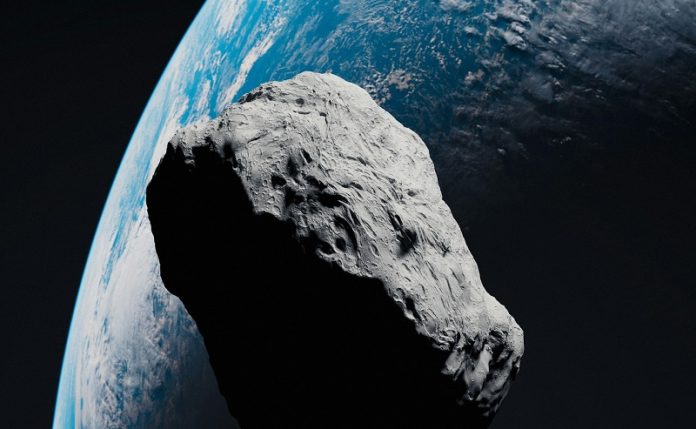
An asteroid crashing into Earth may sound like the stuff of science fiction, but experts warn it’s a real threat—and we may not be ready for it.
Earlier this year, scientists detected an asteroid named 2024 YR4 that had a 1%–2% chance of hitting Earth in 2032.
Although newer data shows it’s no longer a concern, the scare has reignited a critical question: what happens when the next dangerous asteroid comes our way?
A new research paper from Swinburne University, published in the journal Aerospace, dives into the messy ethical, legal, and political issues surrounding both asteroid mining and planetary defense.
According to lead author Dr. Evie Kendal, a bioethicist at Swinburne, we’re operating in a gray area without clear rules or leadership.
She points out that while companies and countries are showing interest in mining valuable materials from asteroids, there are still no clear laws about who owns space resources, how they should be taxed, or how to keep miners safe.
Even bigger concerns involve avoiding things like space piracy, corporate greed, and environmental damage—both in space and back on Earth.
Dr. Kendal says these issues are especially urgent when it comes to defending the planet from incoming asteroids. In 2022, NASA’s DART mission, in partnership with SpaceX, successfully crashed a spacecraft into an asteroid called Didymos, nudging it off course. It was the world’s first real test of how we might stop a dangerous space rock.
That mission gave people hope that we might be able to deflect a deadly asteroid in the future. But Dr. Kendal warns that relying on the same players—especially when politics or funding challenges are involved—is risky.
She notes the rising tensions between the current U.S. President, Donald Trump, and SpaceX founder Elon Musk, as well as budget cuts that have limited NASA’s capabilities. These complications could weaken our ability to respond to real threats.
At the moment, the Space Mission Planning Advisory Group (SMPAG), which is backed by the United Nations, is expected to coordinate planetary defense. But Dr. Kendal believes we can’t just assume these systems will work smoothly when it matters most. Instead, she argues for building clear policies and international agreements that spell out who does what, who pays for it, and who holds the final authority in a crisis.
She also points to the movie Don’t Look Up as a cautionary tale, where a serious planetary threat is ignored for profit. The film may be fiction, but its message rings true: without clear rules, good intentions can quickly fall apart.
Dr. Kendal says it’s time to move beyond informal agreements and get serious about space ethics, especially as mining and defense missions become more common. If we wait until disaster strikes, it might be too late.



